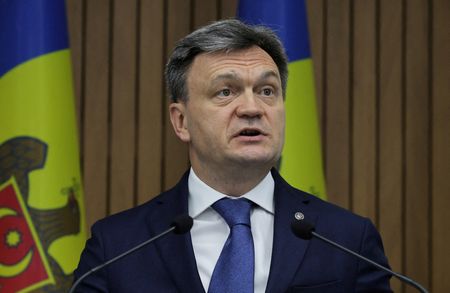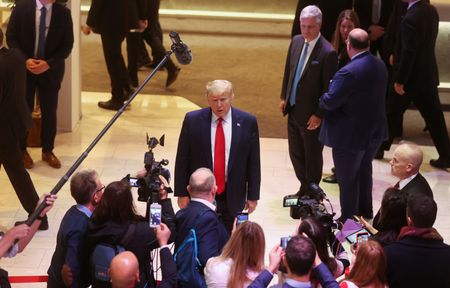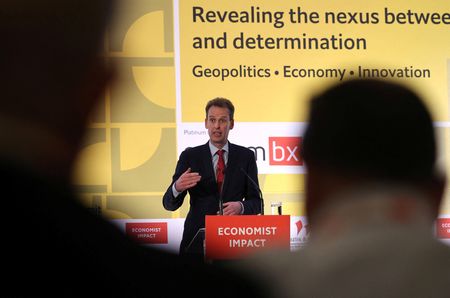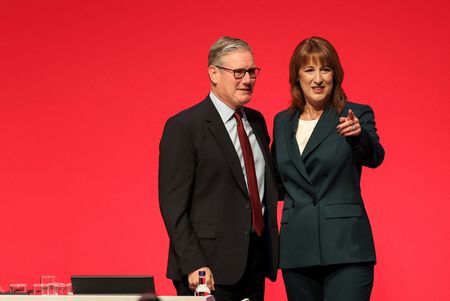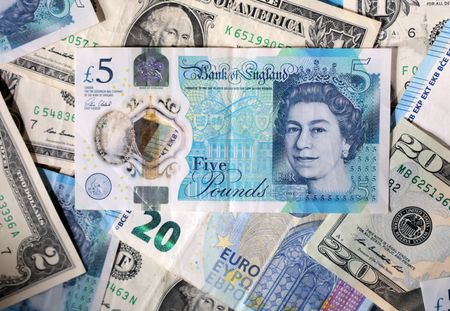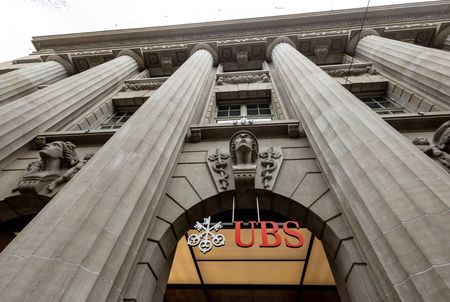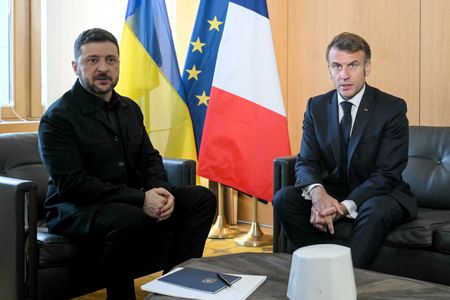By Alexander Tanas
CHISINAU (Reuters) – Moldova’s pro-European prime minister said on Thursday the ex-Soviet state’s separatist Transdniestria region had to fulfil several conditions or risk being plunged into a new energy crisis with power cuts and heating and water shortages.
Prime Minister Dorin Recean was taking part in a public online discussion nearly a week after gas reached Transdniestria’s 350,000 residents for the first time in a month thanks to a 30 million euro ($31.2 million) grant from the European Union.
The emergency gas supply extends only to February 10, when a new arrangement must take effect to ensure gas is purchased and delivered to the pro-Russian region.
Recean restated the conditions set down by the EU this week for a proposed further 60 million euro grant – mainly evidence of an improved human rights record in the region and increases in prices charged for heavily subsidised power, water and heat.
The region’s leaders have made no comment on the conditions.
Recean said he saw two scenarios unfolding.
“The first is they go on to the next stage of EU assistance and for that they need to fulfil the conditions,” he said.
“If they don’t agree, they have to find a solution on their own. Unfortunately, there is a third scenario under which people are again left without power in the cold and without water.”
ROLLING BLACKOUTS
The region’s residents suffered daily rolling blackouts of four to five hours throughout the month of January as gas remaining in the region’s pipelines ran out.
Transdniestria, which split from Moldova at the end of the Soviet era and fought a brief war with the newly independent state, stands accused by Moldova and human rights organisations of jailing dissenters and limiting press freedom.
It has long relied on gas from Russian giant Gazprom shipped through neighbouring Ukraine, with Russia providing the gas free as “humanitarian assistance”. But Kyiv authorities halted the transit accord on January 1 on the grounds it helped Russia’s war effort in nearly three years of conflict.
The region’s authorities have pledged to use a $165 million Russian credit for further gas purchases. Moldovan sources with knowledge of the deal said it would involve payment to companies in the United Arab Emirates or Saudi Arabia for shipments of gas from Hungary to Moldova.
Under the first stage of the plan now being implemented, 20 million euros of EU funds were used to buy gas for the region and 10 million euros to help government-controlled areas of Moldova purchase electricity from European suppliers.
Most power for Moldovan regions under government control has long been produced by a thermal plant inside Transdniestria, but authorities determined it was cheaper to buy it from elsewhere.
The gas rescue package devised by the EU has given rise to a new debate about how the separatist region could again become part of Moldova after more than 30 years on its own.
President Maia Sandu, who is spearheading Moldova’s drive to join the EU, told a television interviewer on Thursday that a reintegration plan would cost hundreds of millions of euros annually and Moldova would need external help to implement it.
(Reporting by Alexander Tanas; Writing by Ron Popeski; Editing by Jamie Freed)

